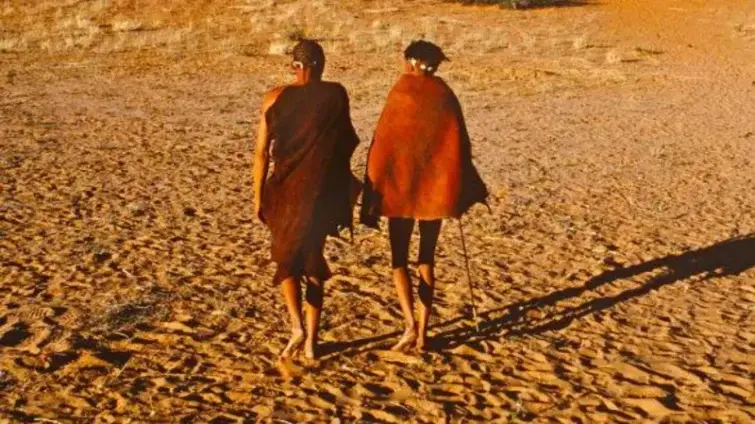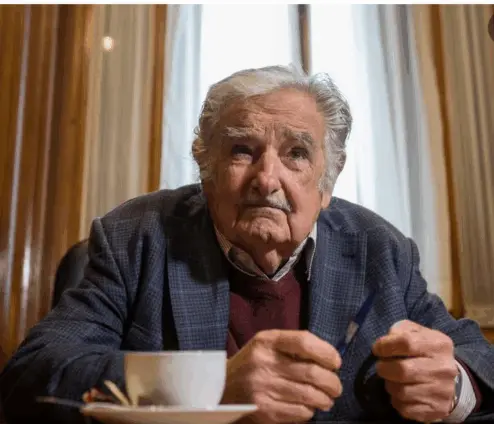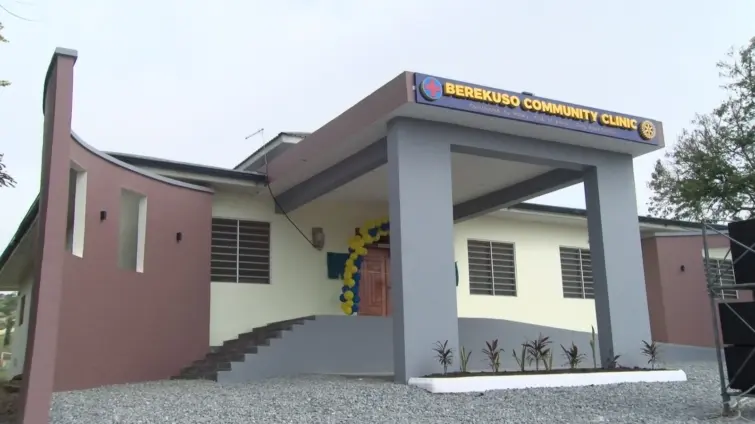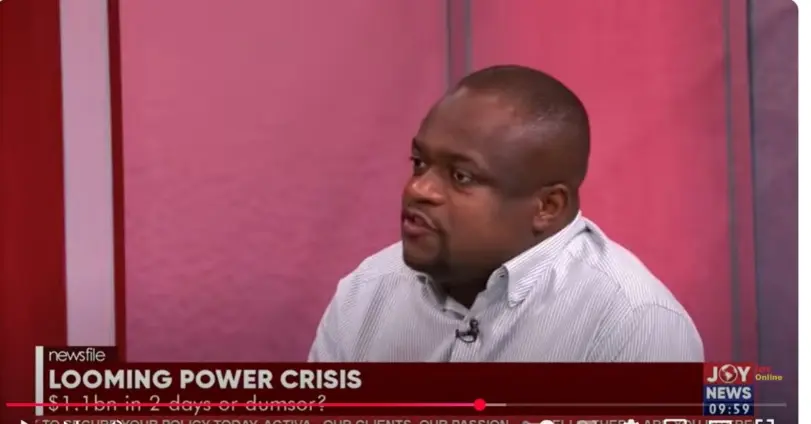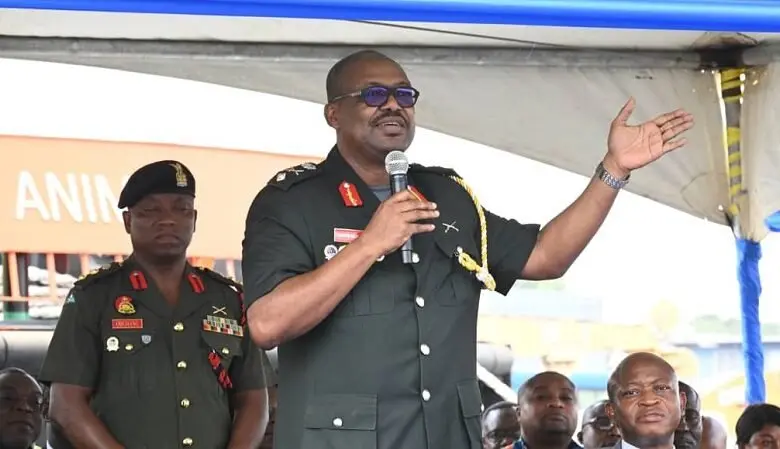GENEVA—At the 78th World Health Assembly, a renewed dedication to global health emerged as world leaders pledged over US$170 million to the World Health Organization (WHO). The commitment, made during a high-level pledging event on May 20, 2025, highlights the critical role of multilateral cooperation in addressing pressing health challenges worldwide. The funding will substantially support WHO’s Investment Round, underpinning their 14th General Programme of Work. The initiative aims to save an estimated 40 million lives by 2028, a goal made significantly more attainable through this financial infusion. The pledge comes at a pivotal moment, reinforcing the importance of the World Health Organization in coordinating international health efforts.
The US$170 million pledge directly supports WHO’s ambitious 14th General Programme of Work, a comprehensive plan designed to address critical health issues worldwide and save an additional 40 million lives by 2028. This financial commitment underscores the importance of multilateral cooperation in resolving global health crises, providing WHO with the resources needed to tackle complex challenges. “In a challenging climate for global health, these funds will help us to preserve and extend our life-saving work,” stated Dr. Tedros Adhanom Ghebreyesus, Director-General of the WHO, emphasizing the significance of the pledges.
The support for the World Health Organization comes from a diverse array of countries and philanthropic organizations, illustrating a broad global commitment. Nations such as Angola, Cambodia, China, Gabon, Mongolia, Qatar, Sweden, Switzerland, and Tanzania have all contributed to the pledge. Philanthropic organizations, including ELMA Philanthropies, Fondation Botnar, Laerdal Global Health, the Nippon Foundation, and the Novo Nordisk Foundation, have also stepped up to provide crucial funding. Notably, the Children’s Investment Fund Foundation has committed an additional US$13 million, signaling potential for further increases in their contribution. Furthermore, the WHO has welcomed four new donors, expanding its donor base and diversifying its sources of financial support.
A particularly valuable aspect of these contributions is the flexibility offered by eight of the donors. Flexible contributions are highly prized by the WHO because they allow the organization to allocate resources where they are most urgently needed. This agility and responsiveness are crucial in addressing rapidly evolving health crises and ensuring that resources are deployed efficiently. This type of funding also helps the World Health Organization to remain country-focused, ensuring that its efforts are aligned with national health priorities and tailored to the specific needs of individual nations.
Beyond governmental and organizational support, individual citizens are also playing a role in supporting the WHO. Nearly 8,000 individuals have joined the One World Movement as ‘Member Citizens,’ collectively donating almost US$600,000 through recurring monthly contributions. This grassroots support reflects a global solidarity and a deep-seated public belief in the WHO’s mission to promote health and well-being for all. Their contributions, while smaller in scale compared to those of nations and large philanthropies, demonstrate a widespread commitment to global health.
In addition to voluntary pledges, Member States have also approved an increase in Assessed Contributions, adding US$90 million annually to WHO’s core budget. These assessed contributions are mandatory payments from member countries, providing a predictable and reliable source of funding for the organization. This increase ensures more sustainable financing for the World Health Organization, enabling it to plan for long-term goals and maintain its essential functions without being overly reliant on fluctuating voluntary donations.
The US$170 million pledge to the World Health Organization marks a significant stride in addressing global health challenges. Backed by support from various nations, philanthropic organizations, and individual donors, the WHO is better positioned to achieve its objectives of saving lives and promoting health on a global scale. This commitment underscores the power of partnership in fostering a healthier and more resilient world. As Dr. Tedros emphasized, these funds will empower the WHO to sustain and expand its life-saving initiatives, making a tangible impact on communities worldwide. Ultimately, this investment in the WHO is an investment in global health security, fortifying the world’s ability to prevent and respond to health crises.
Image Source: MYJOYONLINE










